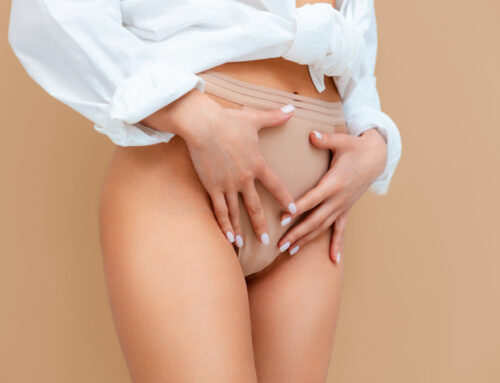At Cherillyn Weight Loss & Hormone Balance, we understand the complexities of menopause and the significant impact it can have on every aspect of a woman’s life, including her vaginal health. Menopause is a natural biological process, but the changes it brings can affect your comfort, confidence, and overall quality of life. Here, we explore what menopause does to your vagina and how you can manage these changes with effective treatments like hormone therapy for menopause, hormone supplements, and other strategies to balance menopause hormones.
How Menopause Affects Vaginal Health?
Menopause leads to a decline in estrogen levels, which has a direct effect on the vagina. The most common changes include:
- Vaginal Dryness: Reduced estrogen levels decrease the moisture content of the vaginal tissue, often leading to dryness that can cause discomfort and itching.
- Vaginal Atrophy: Also known as genitourinary syndrome of menopause (GSM), this condition involves the thinning, drying, and inflammation of the vaginal walls, making them more susceptible to irritation and pain, especially during intercourse.
- Decreased Elasticity: The tissues of the vagina lose their flexibility and elasticity, making them feel tighter and less accommodating during sexual activity.
- pH Changes: Menopause can alter the pH of the vagina, making it less acidic. This change affects the bacterial balance, potentially increasing the risk of infections such as bacterial vaginosis.
FAQs on Menopausal Vaginal Health
Maintaining good vaginal hygiene and consulting with a healthcare provider for appropriate treatments can help manage this symptom.
Managing Vaginal Changes During Menopause
At Cherillyn Weight Loss & Hormone Balance, we offer a range of treatments and strategies to help manage the vaginal symptoms of menopause:
Our Approach to Holistic Care
We believe in treating the whole person, not just the symptoms. Our holistic approach to menopause management includes personalized treatment plans that address your specific needs and symptoms. We focus on natural and effective methods to balance hormones, enhance overall health, and improve quality of life during menopause.
Conclusion
Menopause is a significant transition, but you don’t have to navigate it alone. At Cherillyn Weight Loss & Hormone Balance, we are committed to supporting women through this phase with comprehensive care and effective solutions. Are you experiencing vaginal changes due to menopause? Don’t hesitate to reach out to us. Schedule a consultation today, and let us help you manage your symptoms and regain your comfort and confidence. Visit our website or call us to learn more about our services and how we can assist you in achieving a healthier, more balanced life during and after menopause.
Cherillyn Olivos
I'm Cherillyn, owner of BeBalanced Woodland Hills, specializing in holistic women's health and hormone balance. My extensive wellness experience fuels my commitment to empower women to achieve optimal health and vitality. At BeBalanced, we blend traditional and alternative medicine to provide personalized care tailored to your specific needs.





